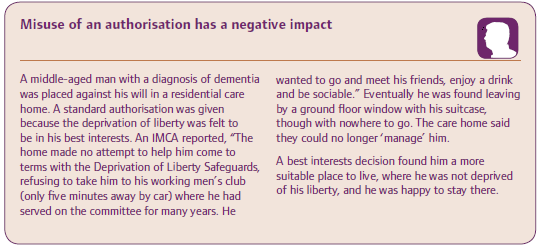
Here's another of my occasional pics of care homes in the locality. This one is (from the front) a well-preserved Edwardian house, and run by a charity for Christians. Note the in-keeping handrails for the stepped entrance, but this is not the crucial point, there's a flat entrance at the side and the steps preserve the Edwardian style at the front. This is a very attractive environment, although you might not fancy the care home rooms with the side view that you can see on the left below.

Another desirable aspect of this scheme is that the garden has been changed to provide a series of bungalows.So there are more and less independent aspects to it. It also fits the scale of the area much more than the overlarge luxy private scheme I blogged about a while ago. Because it relates well to the area, and it does not seem so keen to make money, it looks a more attractive prospect for living. I wonder how hard you have to work at being Christian?
Search 'care homes' to find previous posts on care provision in the Sutton area.





